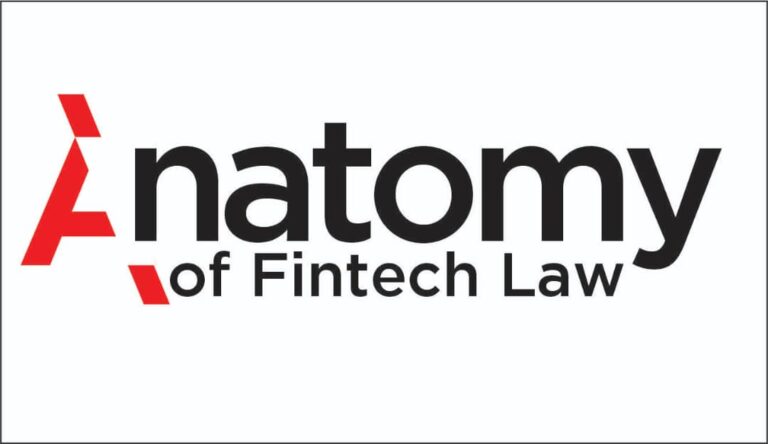A complaint under the Central Bank of Nigeria (CBN) Consumer Protection Regulations 2019 is simply customers’ dissatisfaction with a banking service or product. We found that nothing in the CBNCPR 2019 or the Constitution removes a Magistrate Court’s powers to banker/customer complaints.
Truly, when we walk into a bank, open an account, or make a transaction, we rarely think about where we could go if something goes wrong.
However, an all-important question arises when disputes happen, such as a wrongful debit or a frozen account.
Which court has the power to hear my complaint?
Some argue that only the High Court or the Federal High Court can handle banker/customer disputes. But the facts, backed by our laws and Nigerian court decisions, are more straightforward and fairer.
Magistrate Courts have the power too.
Let us break this down: law and how its application to banking services is not supposed to be a jigsaw puzzle.
The Supreme Court reminded us in Toriola v. Williams (1982) 7 SC 27 that when words in law are clear, courts must give them their natural, ordinary meaning.
No twisting. No overcomplication. The 1999 Constitution of Nigeria follows this simple rule.
Reading the Constitution Holistically and Not Piece by Piece
Indeed, when you read a book, you do not just pick one paragraph and ignore the rest. You read the whole story. The same applies more strictly to interpreting the Constitution.
Sections 251(1)(d) (and its proviso), 272, and 6(4)(a) of the 1999 Constitution must be read together:
- Section 251(1)(d) grants the Federal High Court jurisdiction over banking matters.
- The Proviso allows State High Courts (and properly established lower courts) to hear banking disputes.
- Section 272 authorizes State High Courts to handle any civil case about rights and duties unless exclusively given to another court.
- Section 6(4)(a) empowers State Houses of Assembly to create lower courts like Magistrate Courts with defined powers.
Banking disputes are not reserved exclusively for the High Court.
This principle that banking customer disputes are the exclusive reserves of the Federal High Court was firmly stated in Egoleum v. Obasanjo (1999) 7 NWLR (Pt. 611) 355, where the Supreme Court stressed the need to interpret constitutional provisions holistically.
How the Magistrate Court Got Its Power
Following the Constitution, the Lagos State House of Assembly enacted the Magistrates’ Court Law (MCL) 2009. And what does Section 28 of the MCL 2009 say?
It gives Magistrate Courts jurisdiction over personal actions arising from contracts or torts, such as consumer disputes in banking relationships, provided the amount in dispute falls within the court’s financial limit.
You can proceed without hurdles if your banking complaint fits within the Magistrate Court’s financial jurisdiction.
Think about it: Why make a person who lost ₦300,000 in a wrongful debit take a long and expensive journey to a High Court?
Addressing the Common Arguments
Every case is only an authority for the specific facts it decides. The courts said this clearly in Sunko (Nig.) Ltd v. Skye Bank Plc (2017) 12 NWLR (Pt. 1579) 237 at 263.
There are no blanket rules that exclude Magistrate Courts, especially where State law like the MCL gives them jurisdiction.
The Supreme Court in NDIC v. Okem Enterprises Ltd (2004) LPELR-1999(SC) confirmed that State High Courts and Federal High Courts share jurisdiction over banker-customer relationships.
The Court of Appeal in Calhorie Ltd & Anor v. Intercontinental Bank Plc (2012) LPELR-7876(CA) also reaffirmed that banking disputes are not the exclusive preserve of the Federal High Court.
If the State High Court has concurrent jurisdiction, then by lawful extension, the Magistrate Court, empowered adequately by State law, can exercise jurisdiction within its limits.
Everyday Examples
- Lost Savings: If a customer wrongly loses ₦500,000 through a bank’s mistake, why should she wait four years at the High Court when a Magistrate Court could resolve it faster?
- Wrongful Debit: If your bank wrongfully debits ₦100,000, it makes practical and legal sense to use the Magistrate Court, which is more accessible, faster, and less costly.
Access to justice must be real, reachable, and not delayed by expensive and unnecessarily complex litigation routes.
Conclusion
Magistrate Courts offer quick, affordable justice for manageable claims like banking customer issues.
Reading the Constitution correctly, understanding the Magistrate Court Law, and reflecting on court decisions, it’s clear:
Magistrate Courts in Nigeria have jurisdiction to hear banker-customer disputes within their financial limits. Justice should be about solving problems and not about building unnecessary barriers.

